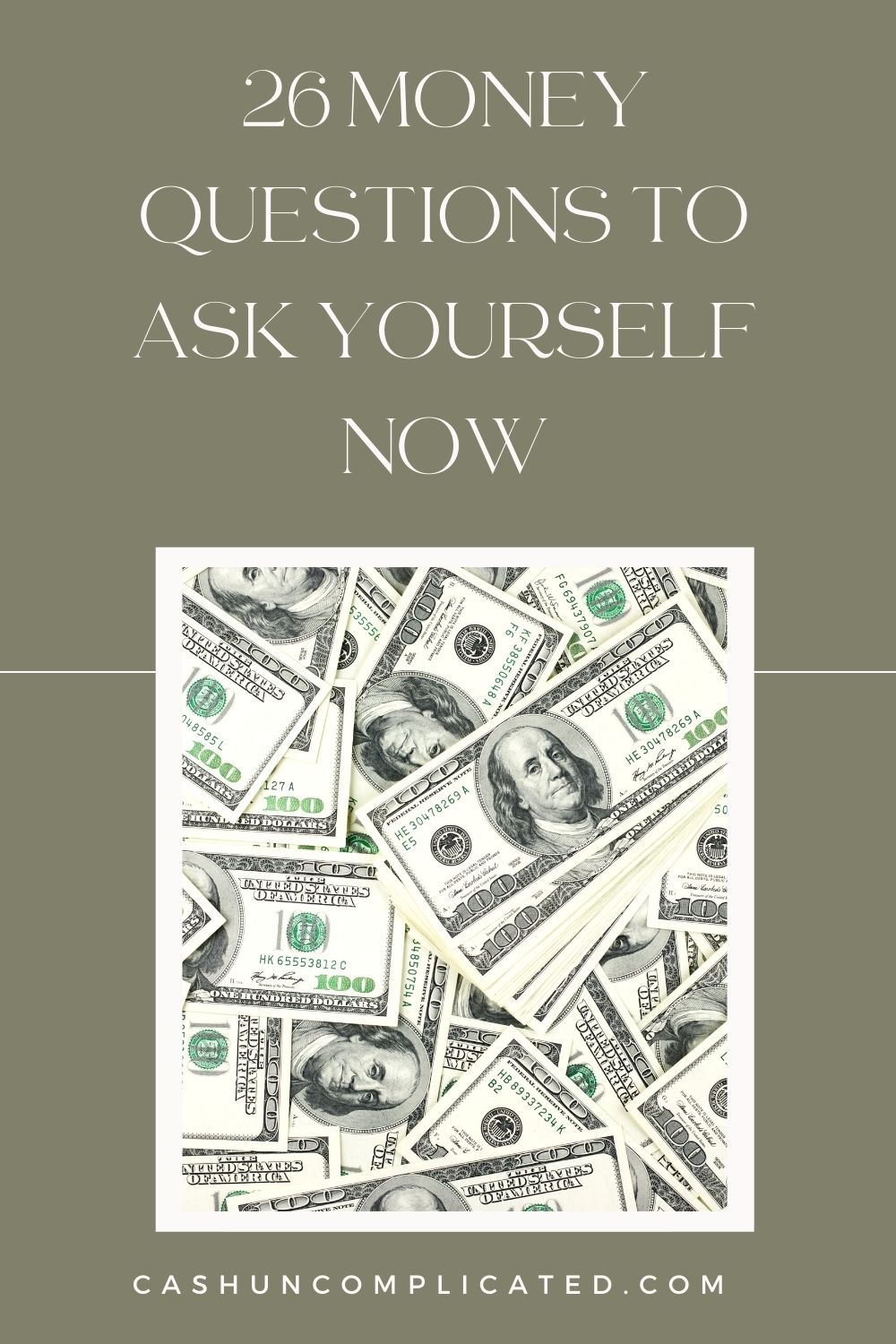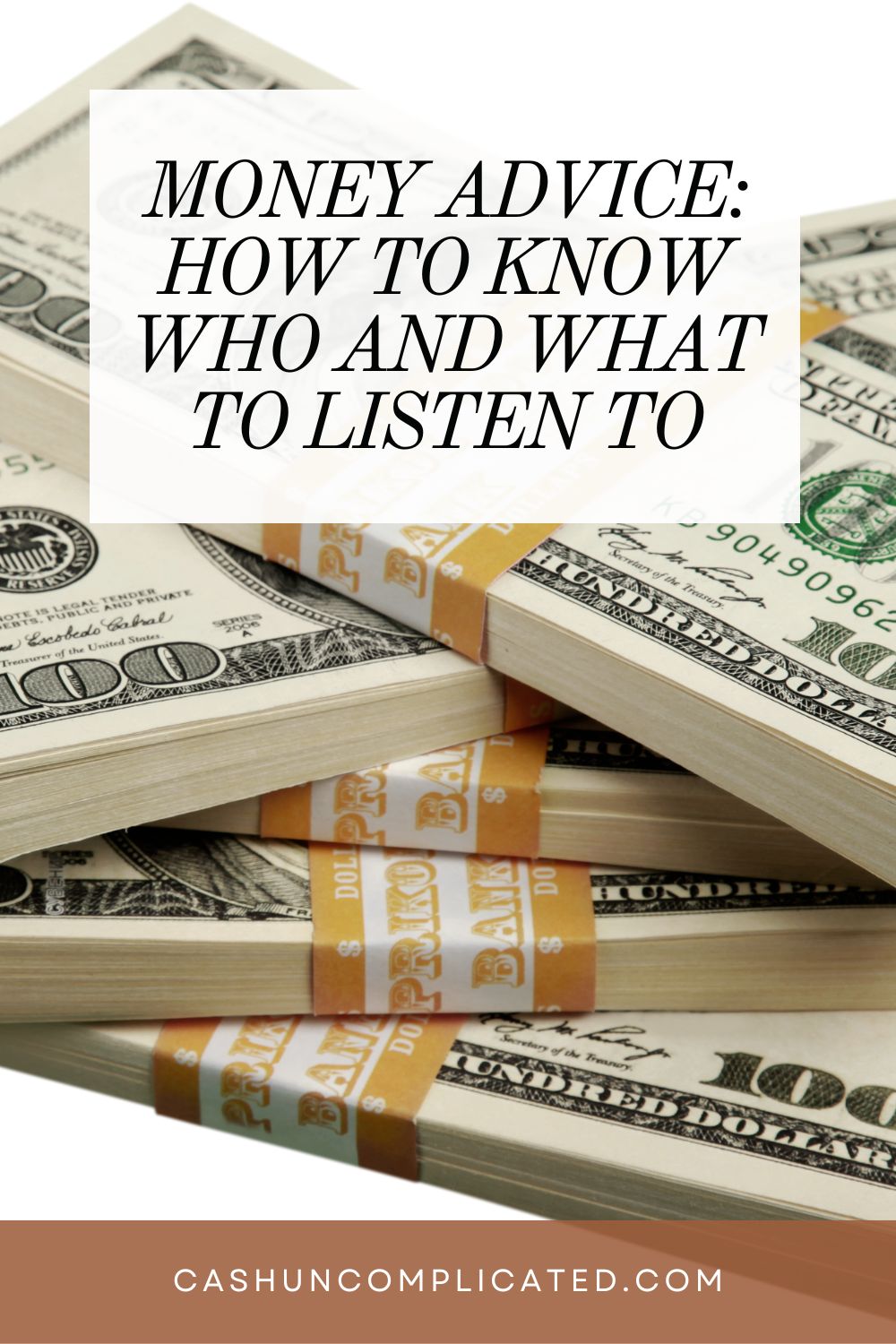There are really great reasons to save money. Before we get too much into it, let’s start by acknowledging that cash, or saving money, has gotten kind of a bad rap. Influencers online talk about leverage and say things like “cash is trash.”
People are almost made fun of for saving money. I understand leverage and get the point that cash isn’t the most optimal way to utilize money, but there are major reasons to save money. Here are eight good reasons, starting with an emergency fund.
Number 1: Emergency Fund
An emergency fund doesn’t need a lot of description. The reason behind having one is for, as the name suggests, an emergency. The thing about emergencies is you don’t know when or how they are going to happen.
You can go years and years without ever having to dip into an emergency fund. But when you do, you’re sure glad you have it. Think about the stress involved for someone who doesn’t have an emergency fund.
The car needs a new transmission and there’s no money for it, or there’s an unexpected household repair. It’s an immediate panic and the repair is probably going to be charged to the credit card.
Contrast that to someone with an emergency fund–they pull the money from their emergency account and pay the bill. End of story, no drama, and no panic.
Related:
Number 2: The Unknown
The second good reason to save money is similar to having an emergency fund-the unknown. Life is full of unknowns, many of which were never on the radar. Think back to when COVID first started–I don’t think most people expected a global pandemic.
It’s reassuring to have some cash saved for the unknowns in life. Even though the very definition of an unknown is not knowing where it’s going to come from, or when it’s going to happen. You will know that you have at least some money saved up to begin to address it.
Number 3: Peace of Mind
There’s an old adage in personal finance that personal finance is personal. Meaning that what is best for the individual isn’t always the optimal thing to do, or the best return on investment. What works for one person doesn’t always work for another.
If financial peace of mind means having eight months of an emergency fund saved up instead of three to six months, then so be it. For the person wanting greater peace of mind, it’s probably well worth it to have that extra couple months in a high yield savings account instead of invested in a more volatile asset (or not at all).
So you can actually buy peace of mind by saving more. The price being missed opportunity cost in investments that have traditionally yielded a much higher gain, or possibility of a gain.
Number 4: When Borrowing Gets Difficult
In tough economic times, borrowing gets difficult. Think back to the Great Recession. During that time, it was very difficult to borrow money. “No money down” probably wasn’t getting funded.
For those with cash though, it’s a lot easier to get financing. For example, if a real estate investor finds a great deal on a triplex for $700,000, they are much more likely to qualify for a loan if they can put 30 percent down (or more) and have a couple hundred thousand in reserves. That’s a much more attractive borrower than someone trying to put down five percent with only a few thousand in reserves.
As we learned in the Great Recession, many of the best deals come up during down economic times. So if you’ve got some cash saved up during these times, it can leave the door open for you to take advantage of the opportunity.
Number 5: Just Because
This isn’t very scientific, but a great reason to save money is just because. Maybe it makes you feel better about your job and your career choices. Or maybe you like the security of knowing you’ve got some money saved up.
It could have been that you grew up poor and the next dollar was never a guarantee. Having money saved at least means you know where the funds for the next few months are going to come from. Or it could just be a part of your saving and investing strategy where you want to have some money in savings.
The bottom line is “just because” is a good enough reason. It doesn’t need to be justified or scientifically explained.
Number 6: Black Swan Events
In his book The Black Swan, Nassim Taleb writes about big events that nobody sees happening. Events that aren’t even on the radar because there was no known possibility that they could happen.
What saving money has to do with these events is that at least you’ll have some savings for when they do happen. The idea is that since we don’t know when or how they will happen, you’ll be more prepared for when they do happen.
Saving money will never be a 100 percent guarantee to protect you against anything that happens in life, but it will make you more equipped. For example, a real estate investor with reserves who wasn’t able to collect a percentage of their rents during COVID would have been much more equipped to absorb the loss.
That’s contrary to the investor who had minimal reserves and could not absorb those kinds of losses. The one with reserves still has some risk, but it’s a lot less than someone without them.
Number 7: Quick and Easy Access to Cash
There’s something to be said for having quick and easy access to cash, which is why it’s next on the list of good reasons to save money. In a time of need, that quick cash can really help. To a small degree, think about a car repair that costs $2,000. The person who has saved money can easily access the cash and pay the bill.
While someone who has not saved money would really struggle. Whether it’s $2,000 for a car repair or $50,000 for an investment opportunity, it’s nice to have access to that kind of money if you need it.
Number 8: Recent Higher Interest Rates
The spike in interest rates has been bad news for borrowers, especially those wanting to borrow for a house. It’s been better news for savers though as interest rates are actually at a level where they can earn some interest.
During the low interest time period for most of the last 10 years, savers were earning almost nothing on their money. Saving money in the bank meant losing money annually to inflation.
Now that interest rates are higher, many banks and credit unions are offering interest rates in the high fours, low fives. Especially high-yield savings accounts. So it’s possible to make a little money now in a savings account. This gives savers a little more incentive to park their money in traditional savings accounts or CD’s.
Conclusion
Personal finance isn’t just about playing offense by aggressively investing and leveraging. Yes, this approach can make you a lot of money and help you scale faster, but it also comes with risks.
Slowing down by saving money in a boring high-yield savings account or other low risk account is a good way to reduce risk. It’s not exciting, but it’s a foundational piece that can protect you during downswings and unknown periods.
Ultimately, you’ll have to be the one to decide how much you want or need to save based on your goals and risk-tolerance.
What are your reasons for saving money?











